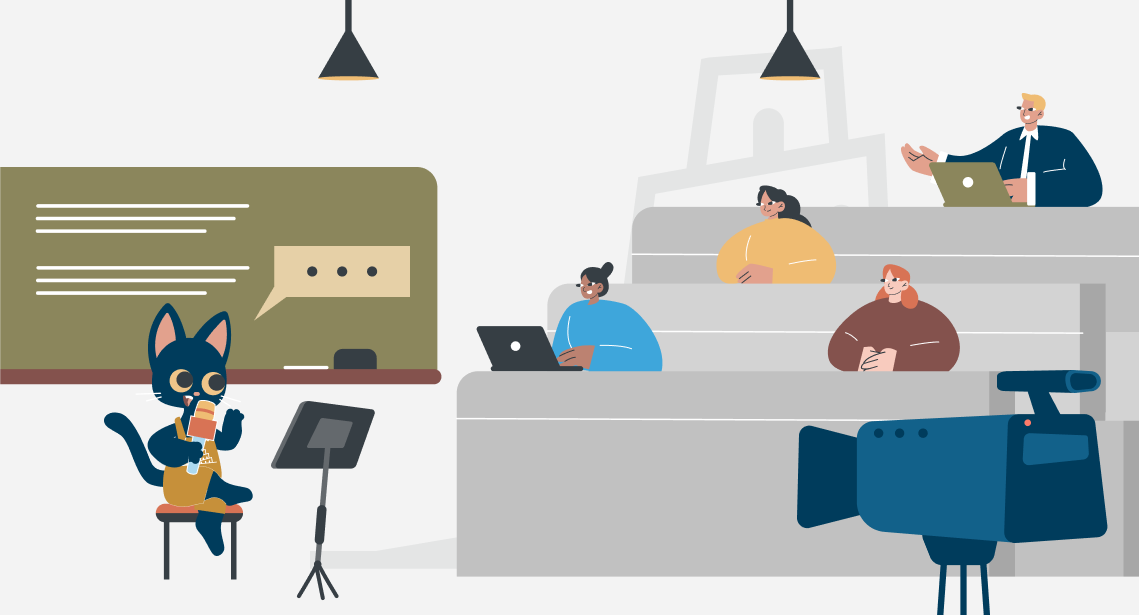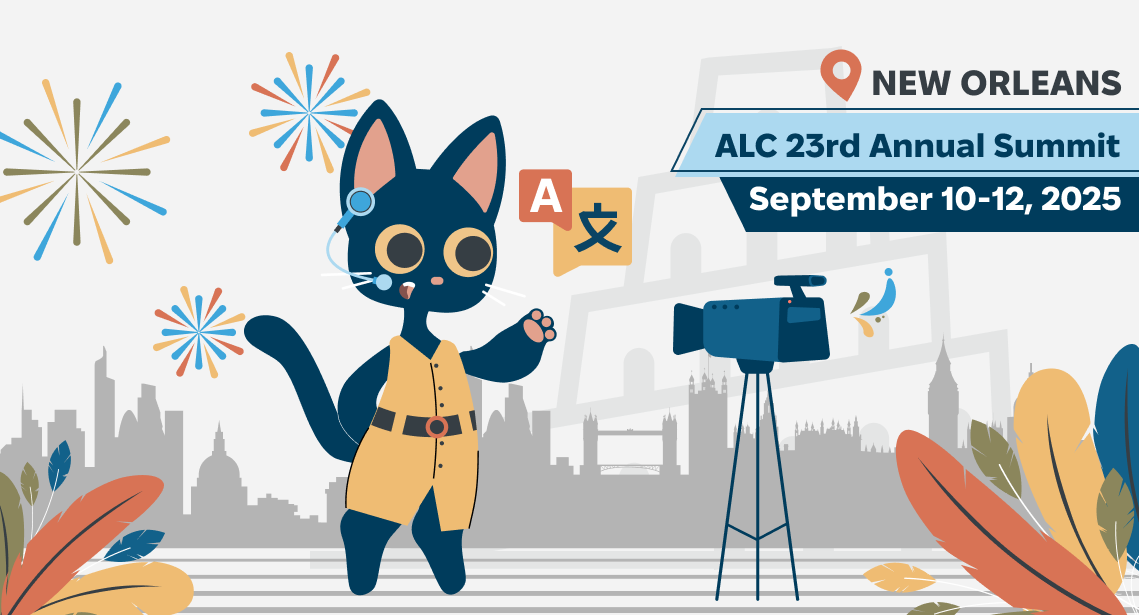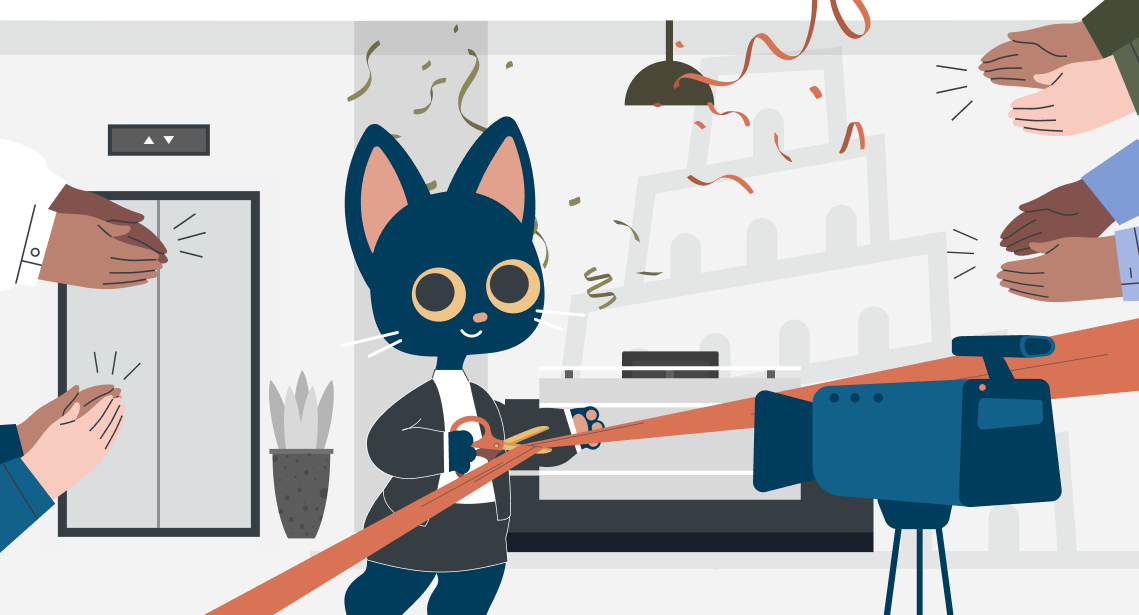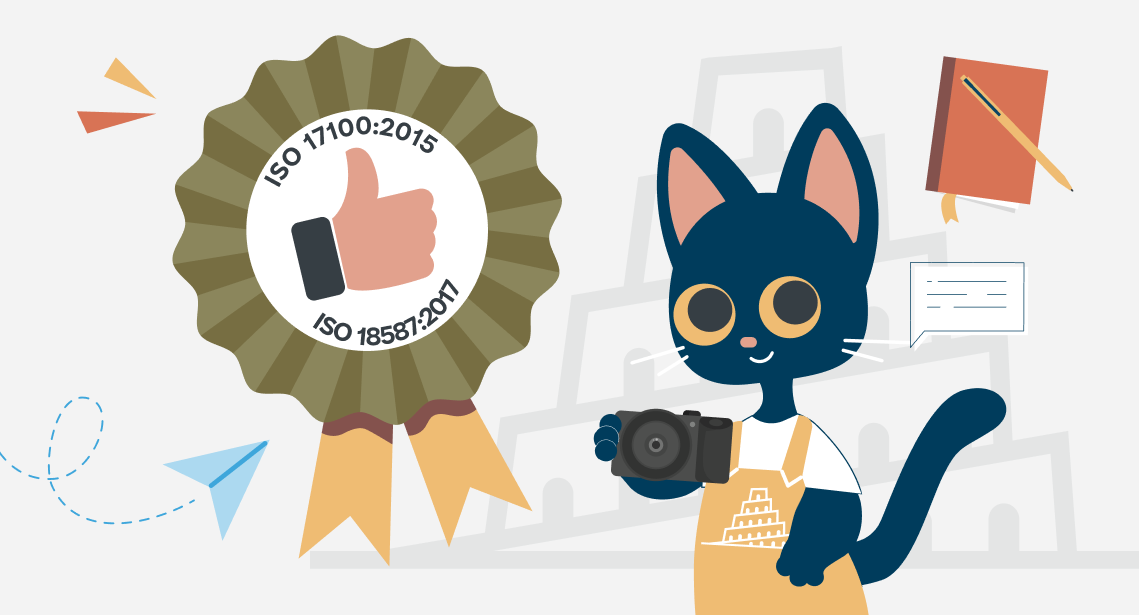Technolex’ Educational Initiatives

Teaching is as much fun as learning. For years of painstaking work in the field of translation, we’ve gained some hands-on knowledge and experience, so we decided to share these valuable resources with active young translators.
As it turned out, a meeting with eager students can be organized easily. We met the students from the Departments of Translation Theory and Practice for English and German languages. Thanks to the National Technical University of Ukraine “Kyiv Polytechnic Institute”, the appropriate date, place, and equipment were found quickly and easily. The university staff understands perfectly well the imperfection of the current academic establishment, and they are eager to listen to the field representatives, learn some things from them, and allow their students to gain some new knowledge.
Eventually, we delivered quite an informative summarizing lecture. We talked about technical translation and IT translation nowadays, the skills required to become a good translator, options for development in the field of translation, and also the common myths. We explained what was expected of translators, and also where and how one could find a place for practice and work. Unfortunately, many of the listeners were surprised to hear that there were some special CAT tools for translators, style guides, customers' requirements, instructions that had to be strictly adhered to, and also that translators should be fluent in their target language to use it as a tool. The listeners also learned that working quickly, proficiently, and extensively was neither a myth nor a customer’s whim, that freelancing implied somewhat of freedom and also particularly hard work (maybe even harder than working for translation agencies), that one could find a job even without having a wealth of experience—eagerness to work and learn, love for languages and self-belief being major factors for that. In the end, upon the university lecturers’ request, we told them about how one could spend their time at university most effectively, practice translation by themselves, and gain new experience.
Nothing can describe the meeting atmosphere better than the eyes gleaming with enthusiasm, numerous questions, and also the kind invitation to meet again and discuss the topic in greater detail. The most amazing thing about the meeting was that the university staff had been listening to us very carefully. They did not want us to leave, kept saying their thanks, and acquiesced in the blunt statement that universities couldn’t provide a sufficient level of education in translation.
We truly hope that we’ve challenged the students’ minds. It is safe to say there will be more such meetings.




